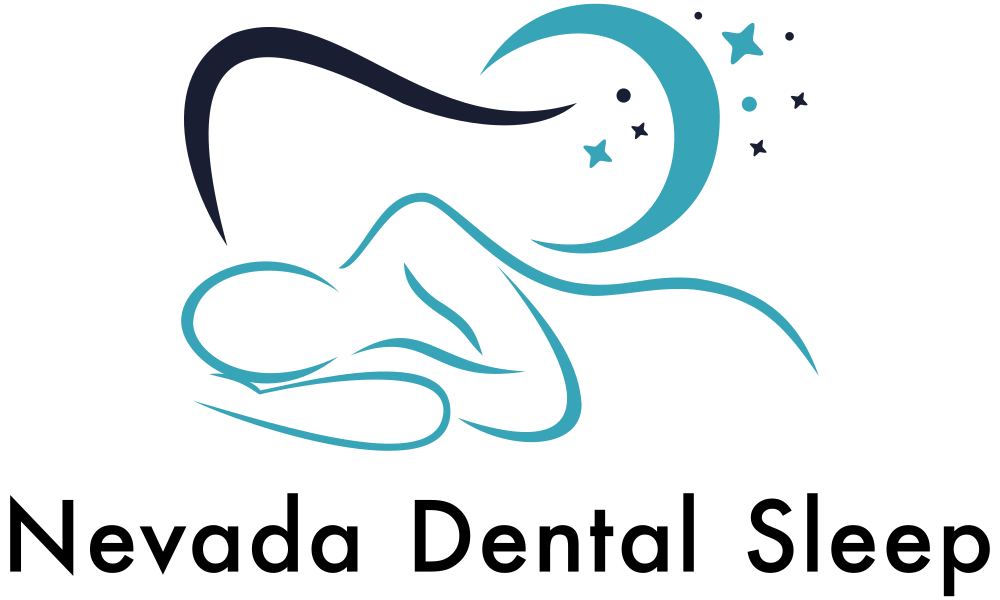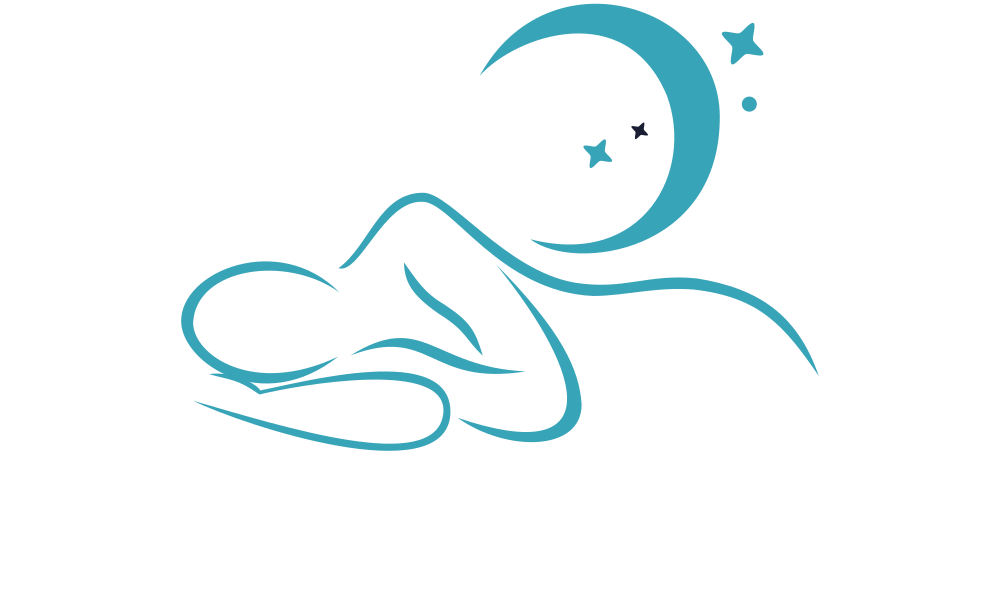Understanding the Link Between Veterans and Sleep Apnea
Veterans are at a higher risk for sleep apnea, particularly those with service-related conditions like PTSD, tinnitus, and respiratory issues. Many veterans struggle with unexplained fatigue, loud snoring, and daytime sleepiness, often unaware that they may be suffering from undiagnosed sleep apnea.
Sleep apnea isn’t just about poor sleep—it can have serious consequences for long-term health. Understanding the risks can help veterans recognize the importance of seeking diagnosis and treatment to improve their quality of life.
Why Are Veterans More Likely to Develop Sleep Apnea?
Several factors contribute to the increased prevalence of sleep apnea among veterans:
- PTSD & Anxiety: Many veterans experience chronic stress and PTSD, which have been directly linked to sleep disorders, including sleep apnea.
- Exposure to Environmental Hazards: Veterans exposed to burn pits, toxic chemicals, or dust during deployment may develop respiratory conditions that contribute to obstructive sleep apnea (OSA).
- Weight Gain & Lifestyle Changes: Transitioning from active service to civilian life can lead to weight gain, a major risk factor for obstructive sleep apnea.
- Tinnitus & Hearing Loss: Studies suggest that hearing problems, including tinnitus, may be linked to sleep apnea, disrupting normal sleep patterns.
The Health Risks of Untreated Sleep Apnea in Veterans
If left untreated, sleep apnea can lead to serious long-term health complications that impact a veteran’s well-being. These include:
1. Cardiovascular Disease & High Blood Pressure
- Sleep apnea forces your heart to work harder, increasing the risk of hypertension, heart attacks, and strokes.
- Veterans with untreated sleep apnea are at a higher risk for heart-related complications.
2. Increased Risk of Diabetes
- Poor sleep interferes with insulin regulation, raising the risk of type 2 diabetes.
- Managing sleep apnea can improve blood sugar control and metabolic health.
3. Cognitive Decline & Brain Fog
- Sleep apnea reduces oxygen flow to the brain, leading to memory problems, trouble concentrating, and increased risk of dementia.
- Restoring healthy sleep improves mental clarity and cognitive function.
4. Mental Health Challenges
- Sleep apnea exacerbates symptoms of PTSD, depression, and anxiety, creating a cycle of poor mental and physical health.
- Addressing sleep apnea can lead to improved emotional well-being and resilience.
How Veterans Can Take Control of Their Sleep Health
Recognizing and addressing sleep apnea can make a dramatic difference in a veteran’s health, energy levels, and quality of life. Here are the key steps veterans can take to improve their sleep health:
1. Get Screened for Sleep Apnea
- If you experience symptoms like snoring, fatigue, or frequent nighttime awakenings, it’s important to undergo a sleep study for proper diagnosis.
- Veterans can seek evaluation through a Las Vegas sleep center or explore at-home sleep studies for convenience.
2. Explore Treatment Options
- CPAP Therapy: The most common treatment, helping to keep airways open and preventing apnea episodes.
- Oral Appliance Therapy: A comfortable, custom-fitted mouthpiece that repositions the jaw to improve airflow.
- Lifestyle Adjustments: Weight loss, positional therapy, and stress management can help reduce symptoms.
3. Address Co-Existing Conditions
- Managing PTSD, tinnitus, or respiratory conditions may help improve sleep quality.
- Seeking care for mental health conditions can also support overall sleep improvement.
The Importance of Seeking Treatment for Veterans
Sleep apnea can affect nearly every aspect of life, from physical health to daily functioning. Many veterans go years without realizing they have sleep apnea, leading to worsening symptoms and additional health complications.
By seeking treatment, veterans can experience: ✅ Improved sleep quality & energy levels
✅ Reduced risk of serious health conditions
✅ Better focus, mood, and overall well-being
✅ Relief from PTSD-related sleep disturbances
If you or a fellow veteran is struggling with poor sleep, chronic fatigue, or symptoms of sleep apnea, it’s time to take action.
📞 Contact Dr. Jerry Hu at Nevada Dental Sleep to explore treatment options and start sleeping better today!


